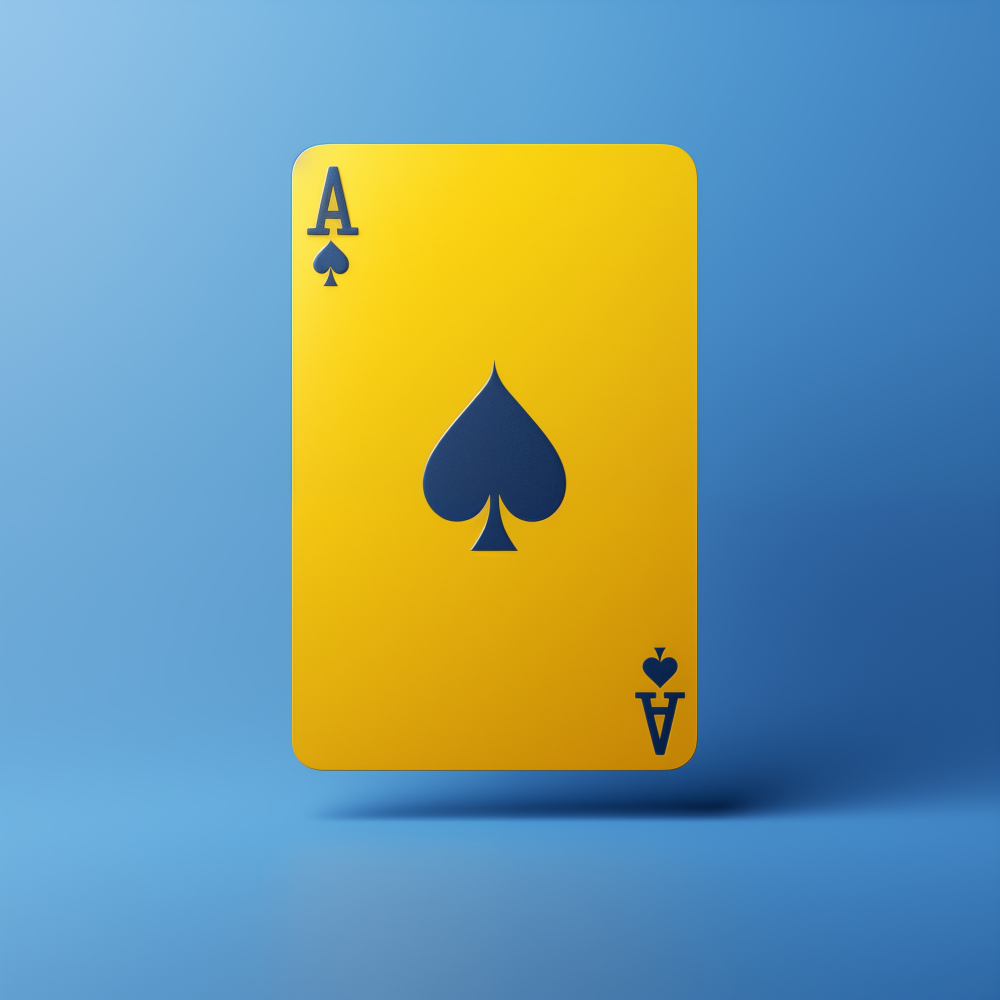When it comes to poker, the strategies for cash games and tournaments can differ greatly. Understanding these differences can significantly improve your gameplay and increase your chances of winning. In this article, we’ll explore how to adjust your poker strategy to cater to both environments effectively.
Understanding Cash Games
Cash games are typically played with real money at stake, and players can join or leave the game at any point. The primary goal in cash games is to maximize your profit from each hand. Here are some key aspects to consider:
- Stack Sizes: In cash games, you usually have a deeper stack, allowing for more strategic play.
- Blinds: Blinds remain constant in cash games, which means you don’t face the rising pressure of increasing blinds typical in tournaments.
- Risk Management: Since you can rebuy at any time, risk management focuses on avoiding busting through large single-hand losses.
Adapting Your Strategy for Tournaments
Tournaments pose a different set of challenges compared to cash games. Players need to adjust their strategies to survive longer and aim for the prizes distributed to top finishers. Key points to keep in mind include:
- Blinds Structure: Blinds increase over time, forcing players to be more aggressive as the tournament progresses.
- Survival vs. Profit: Unlike cash games, survival becomes a crucial component of your strategy as you navigate through various stages of the tournament.
- Positional Play: Being aware of your position in relation to the blinds and other players is vital for making strategic decisions.
Understanding these contrasts between cash games and tournaments can help you develop more nuanced strategies. For more detailed tips and insights, visit Poker Professor.
Adjusting Your Mindset
In addition to modifying your strategies, it’s essential to adjust your mindset for each type of poker game.
Cash Game Mindset
In cash games, patience and discipline are paramount. You are not limited by time constraints, so waiting for the right opportunities is more feasible. Here’s how to maintain a winning mindset in cash games:
- Focus on Small Edges: Strive to make small, consistent profits over time rather than aiming for big wins in every hand.
- Emotional Control: Keeping your emotions in check can prevent rash decisions that may lead to significant losses.
- Adaptation: Be ready to adjust your strategy based on opponents’ behaviors and table dynamics.
Tournament Mindset
Tournaments demand a more dynamic approach. The pressure of increasing blinds and the structure of payouts require a balanced focus on survival and aggression. Keep these aspects in mind:
- Resilience: Be adaptable to changing conditions, such as rapidly shifting blind levels or falling short stacks.
- Calculated Risks: Evaluate when to shift gears—knowing when to push aggressively or play conservatively can be the difference between lasting and busting out early.
- Future Earnings: Think ahead to the later stages of the tournament, positioning yourself well for a deeper run and potentially larger payout.
Practice Makes Perfect
Whether you’re playing cash games or tournaments, practice is crucial. Regular play allows you to fine-tune your tactics and develop intuition that can give you an edge. By logging hands, reviewing your gameplay, and learning from mistakes, you continuously improve.
For valuable insights, and detailed guides on honing your strategies, make sure to explore Poker Professor. With in-depth tutorials, expert advice, and community feedback, you’ll find everything you need to elevate your poker skills.
Conclusion
Adjusting your poker strategy between cash games and tournaments can dramatically impact your success. While cash games favor consistent profitability and emotional control, tournaments demand adaptability and sharp risk management. Understanding and implementing these nuanced strategies will not only enhance your playing style but also increase your chances of winning in both formats. So, gear up, practice diligently, and keep fine-tuning your strategies to become a formidable opponent in any poker setting.





